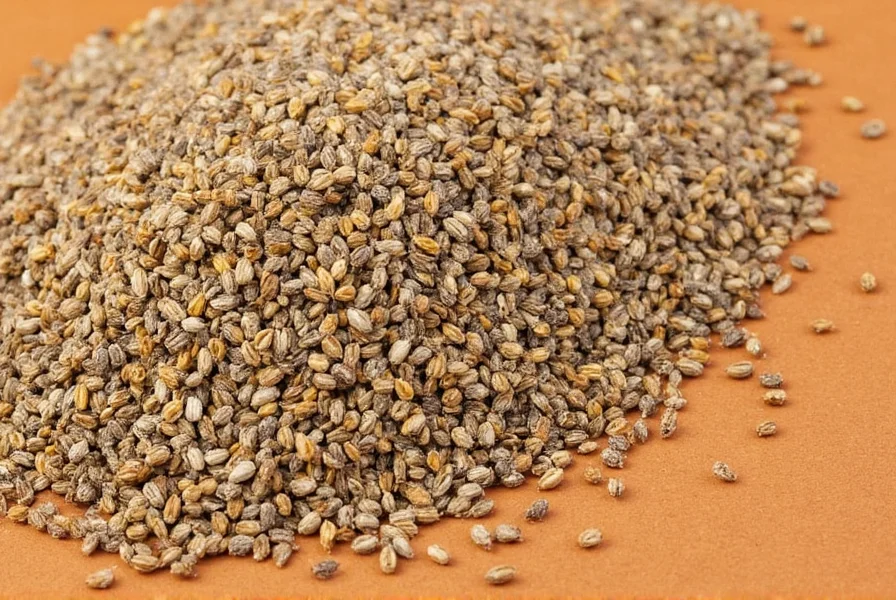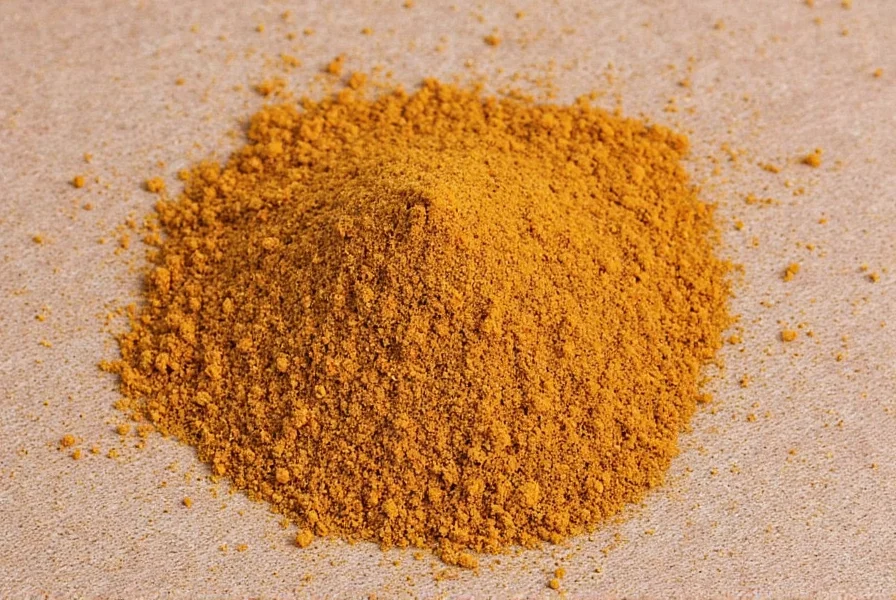When you're cooking with Middle Eastern, Indian, or Mexican recipes, you'll frequently encounter cumin—a staple spice that adds earthy warmth to dishes. Yet many home cooks hesitate when it's time to discuss this ingredient because they're unsure how to pronounce cumin correctly. Getting this common culinary term right boosts your confidence in kitchen conversations and cooking classes.
Breaking Down Cumin Pronunciation
Let's examine the proper pronunciation more closely:
| Syllable | Pronunciation | Common Mistake |
|---|---|---|
| First (KOO) | Like \"coo\" as in pigeon sound | \"CUH\" (hard c sound) |
| Second (min) | Short \"i\" as in \"in\" | \"meen\" (long e sound) |
The word \"cumin\" follows standard English pronunciation rules for words ending in \"-in.\" Think of similar words like \"goblin\" (GOB-lin) or \"sultan\" (SUL-tan) where the final syllable uses a short \"i\" sound.
Why People Mispronounce Cumin
Several factors contribute to common cumin pronunciation errors:
- Spelling confusion - The \"u\" and \"i\" together trick people into making a \"you\" sound
- Regional variations - Some areas develop local pronunciations that differ from standard English
- Lack of exposure - People who rarely cook with cumin have fewer opportunities to hear it spoken correctly
- False cognates - Similar-looking words like \"cumulus\" (KYOO-myuh-luhs) influence mispronunciation

Regional Pronunciation Differences
While KOO-min represents the standard English pronunciation accepted by dictionaries, regional variations exist:
- American English: Predominantly KOO-min, though some Southern dialects use KUM-in
- British English: Generally KOO-min, occasionally with a slight \"y\" sound (KOO-myin)
- Spanish influence: In regions with strong Spanish culinary traditions, you might hear KOOM-een (with a long \"e\")
Professional chefs and culinary professionals overwhelmingly use the KOO-min pronunciation across English-speaking countries. Food networks like Food Network and BBC Good Food consistently use this pronunciation in their programming.
Putting Cumin Pronunciation in Context
Hearing the word in culinary context helps solidify the correct pronunciation. Consider these examples:
- \"Add one teaspoon of KOO-min to the chili mixture.\"
- \"The KOO-min gives this curry its distinctive earthy flavor.\"
- \"Don't forget to toast the KOO-min seeds before grinding them.\"
Notice how the word flows naturally in these sentences with the emphasis on the first syllable. The short second syllable blends smoothly into the following words.
Memory Tricks for Correct Cumin Pronunciation
Struggling to remember? Try these simple techniques:
- Rhyme method: \"The moon shines bright, add some KOO-min to your night\"
- Association: Think \"KOO\" like the sound a dove makes while sitting on a MINi Cooper
- Minimal pair practice: Repeat \"KOO-min\" and \"CUH-min\" back-to-back to hear the difference
Why Correct Pronunciation Matters in Culinary Settings
While mispronouncing cumin won't ruin your dish, using the correct pronunciation offers several benefits:
- Builds credibility when discussing recipes with other cooks
- Prevents confusion in professional kitchen environments
- Shows respect for the cultural origins of the spice
- Makes following cooking videos and classes easier
Cumin has been used for thousands of years across multiple cultures, from ancient Egyptian to modern Indian cuisine. Properly pronouncing this globally significant spice connects you to its rich culinary heritage.
Common Questions About Cumin Pronunciation
Is it ever correct to say \"kyoo-min\"?
No, \"kyoo-min\" (with a long \"u\" sound) is not considered standard English pronunciation. This mispronunciation likely comes from confusing cumin with words like \"cute\" or \"cube.\" The correct pronunciation uses a long \"oo\" sound as in \"moon\"—KOO-min.
Why do some people say \"cum-in\"?
The \"cum-in\" pronunciation (with a short \"u\") occurs because English speakers often expect a \"c\" followed by \"u\" to make a hard \"cuh\" sound, like in \"cup\" or \"cut.\" However, cumin follows different pronunciation rules derived from its Latin and Arabic origins, where the \"u\" takes a long \"oo\" sound.
Does the pronunciation change when referring to ground cumin versus cumin seeds?
No, the pronunciation remains KOO-min regardless of whether you're referring to cumin seeds or ground cumin. The form of the spice doesn't affect how the word is pronounced in standard English.
How do professional chefs pronounce cumin?
Virtually all professional chefs and culinary professionals in English-speaking countries pronounce it KOO-min. Cooking shows on Food Network, BBC, and other major culinary media consistently use this pronunciation. Celebrity chefs like Gordon Ramsay, Ina Garten, and Alton Brown all say KOO-min.
Is cumin pronunciation different in British versus American English?
The standard pronunciation KOO-min is consistent across both British and American English. Some regional British accents might slightly soften the final \"n\" or add a subtle \"y\" glide, but the fundamental KOO-min structure remains the same. Neither variety uses the common American mispronunciation \"CUH-min.\"











 浙公网安备
33010002000092号
浙公网安备
33010002000092号 浙B2-20120091-4
浙B2-20120091-4